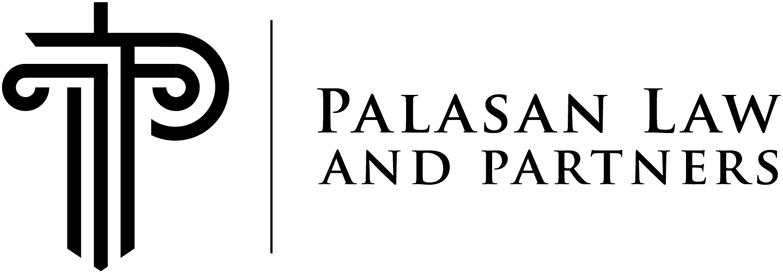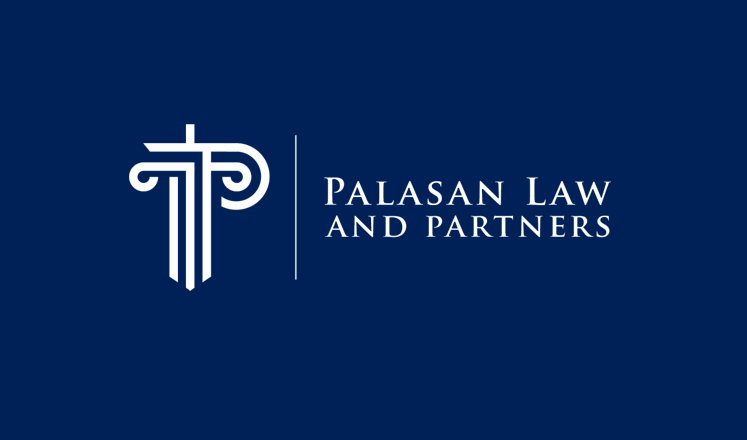Lawyers talk in hushed and muted voices about Supreme Court decisions, and even those of other tribunals. They are wary specially of discussing decisions of judges within the sphere of their law practice, save perhaps in drunken moments when the blaring sounds in the dark corners of the city drown their voices.
Only a few would dare be critical of decisions of the courts: not on air, not on cable, and certainly, not in print where the evidence is right there on the printed page.
Call it the Code of Omerta in the legal profession. Perhaps, the lawyers are motivated with the need for deference to the court. Possible reason though is out of fear of the tribunal’s rebuke which can be translated by contempt order, fine, suspension, or worse dismissal. Certainly, it is not good for the health of law practice when the practitioner is a marked man among the magistrates.
But who else would discuss court’s decisions, except the lawyers. Laws have been extensive that even one big library cannot accommodate the books. Decisions of the Supreme Court have been flip-flopping that you can hardly follow which decision is controlling jurisprudence. Our legislators have passed so many laws, not so much to promote policies but to add to the list of credentials in his resume during elections.
When asked, prominent lawyer Katrina Legarda enthused: “There are simply many laws that you can use one law against the other law”.
This is disturbing time for the lawyers and the law students alike.
This disturbing time is made worse with the recent disturbing decisions of the Supreme Court. These decisions are baffling not only due to the novelty and creativity, some sort of fiction deodorized with legal ramblings.
The Juan Ponce Furagganan – Enrile, Sr. case – pardon if the full name is spelled-out to emphasize how his name towers above the Supreme Court justices – is not only disturbing but disgusting as well.
Recall that Enrile’s bail was granted when he went directly to the Supreme Court.
Enrile was charged with plunder. The Ombudsman conducted a preliminary investigation after which it filed an “information” with the Sandiganbayan charging Enrile with plunder. For its part, the Sandiganbayan, like what other courts do, ordered the arrest and detention of Enrile without bail since he was charged with a capital offense.
Ordinarily, what happens next is that bail hearings take place and the prosecution is required to present evidence to prove the guilt of the accused. If the evidence is judged to be compelling, then the accused remains in detention without bail throughout the trial.
However, if the court finds the evidence to be flimsy, then the accused is released on bail. The trial still proceeds to determine guilt or innocence.
But Enrile went straight to the Supreme Court and asked for his freedom. His counsel, Estelito Mendoza, questioned this long-standing procedure which, he said, violates the constitutional presumption of innocence.
The Supreme Court in this case abandoned long held doctrines in criminal law and procedure. To grant bail in cases where bail is not a matter of right, such as plunder, murder, and rape, the trial court conducts hearings for the prosecution to prove that the evidence of guilt is strong. If the evidence is strong, plea for bail will be denied.
In Enrile’s case, he went directly to the Supreme Court which, to cut the story short, allowed the accused to post bail on humanitarian considerations.
The decision throws away legal doctrines. First, the trial court determines whether the evidence of guilt is strong or not after the hearing for that purpose. In this case, it should have been the Sandiganbayan that should have granted or denied the plea for bail. This process was by-passed.
Second, the ground for the grant of bail is not the weight of the evidence of guilt but due to “human considerations”. Enrile is old, that is conceded; Enrile is sickly, that is highly debatable. To grant Enrile the right to bail on grounds of old age and failing health opens a Pandora’s box.
Enrile occupies a privileged station in life. He is rich. He is powerful. He is well-connected. To top it all, he may look younger than me with his rumored “stem-cell therapy” .
Many old, sickly, and poor inmates are languishing in jails right now. They are living in the edges of humanity. Can they invoke humanitarian considerations?

